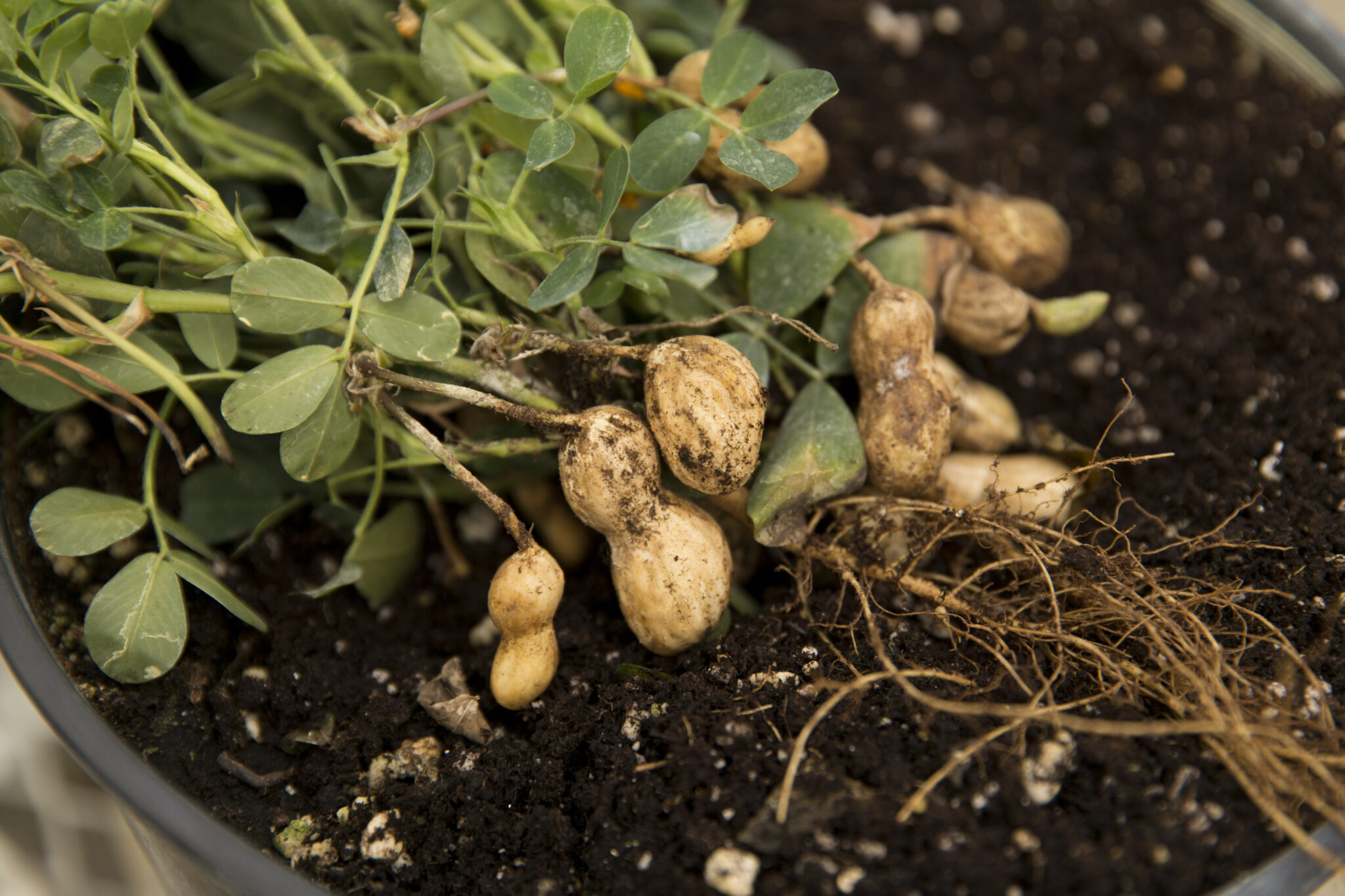Don't wait until it's too late. Fix feisty flea problems now before they infest Fluffy and Fido.
If you think those cold winter nights killed the fleas, think again.
"Flea larvae are very sensitive to cold weather, and we have had some cold-enough weather to kill flea larvae," said Beverly Sparks, a University of Georgia Extension Service entomologist. "However, the adult fleas remain on the host, and if the host comes in out of the cold, so do the fleas."
Flea pupae, Sparks said, can survive cold weather with no problem.
If you feel like you are always playing catch-up in the yearly frantic flea cycle, get a head start this year and cover all the bases.
"It is necessary to treat the areas of the lawn where the host animal(s) spends a great deal of time," Sparks advised. "Pay particular attention to where the pets sleep, rest and feed."
She recommends these tips:
* Before you treat, remove and destroy or clean bedding, and remove food and water dishes.
* Apply a registered insecticide according to label directions. Allow the insecticide to dry before letting pets back into the area.
* In heavy flea infestations, you may have to repeat the application in seven to 14 days.
Remember: pets also serve as free flea transit. If your pets are inside and outside pets, count on them bringing their freeloaders inside your house.
To control fleas indoors, Sparks recommends:
* Thoroughly vacuum carpets and then replace the vacuum cleaner bag. Sweep and mop floors, too. Thorough sanitation and cleaning can remove a large number of flea eggs and larvae.
* Treat the house with a registered insecticide according to label directions. This may be a surface application with an insecticide or a total release aerosol (people often call these "bug bombs").
"Again, pay particular attention to where pets sleep, rest and are fed," Sparks said.
Remember to treat the carriers, too: your pets.
"Protect animals by frequently inspecting them for fleas," Sparks said. "The pills that are available now are effective and provide good control. They contain insect growth regulators that affect the immature stages of fleas."
Other treatments include sprays and powders.
"They are most effective against the adult stage of the flea, which is on the host animal," she said.
If you have a heavy flea population, take care to treat both pets and their environments.
"Once a flea population is under control, you can go a long way toward keeping them under control through the use of the insect growth-regulating pills and sanitation," Sparks said.
Start now to have a flea-free summer.






